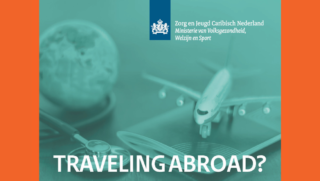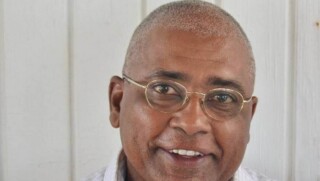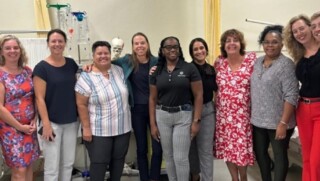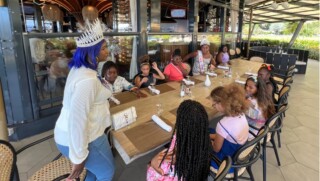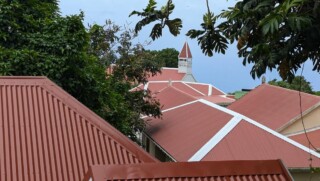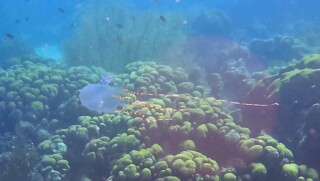Exploring Bonaire’s indigenous heritage: Harvard University unveils ancient DNA study
KRALENDIJK – Harvard University is set to embark on an intriguing scientific journey, delving into the ancient DNA of Bonaire’s indigenous people. In an effort to unravel the mysteries of the island’s rich heritage, Jay Haviser and Kenra Sirak will shed light on the research methodologies and the significance of this groundbreaking study during a Terramar Museum News Café event.
Scheduled for June 23rd from 18:00 to 20:00 at Terramar Museum, the News Café promises an evening of enlightenment, as attendees will discover the intricacies of Bonaire’s indigenous roots and ancestral legacy.
At the forefront of this extraordinary venture is the ancient DNA laboratory at Harvard Medical School, led by the renowned Dr. David Reich. This innovative laboratory specializes in exploring the genomes of individuals who lived in the past, offering unique insights into human history through the lens of genetics.
By studying ancient DNA, researchers gain unprecedented access to shared human histories, unearthing valuable information about migration patterns, cultural exchanges, and adaptations to new contexts and environments.
In 2020, the Reich lab collaborated with archaeologists, anthropologists, and museum curators from around the world to conduct an extensive study on the ancient indigenous people of the Caribbean. Genomes were sequenced from various islands and different historical periods, with genetic data expertly analyzed alongside robust anthropological and archaeological evidence.
First inhabitants
The ground-breaking results of this research shed new light on the origins of the Caribbean’s first inhabitants. Notably, the genetic evidence aligns with the oral history of many, including Bonaireans, affirming the presence of Indigenous ancestry among today’s population.
While this research provided significant breakthroughs, it also sparked further inquiries. The Reich lab, in collaboration with partners and stakeholders, is now poised to embark on a follow-up study. This new investigation will unveil fresh data from additional islands and periods, enriching our understanding of Caribbean population history in unprecedented ways.
For the first time, the ancient people of Bonaire will be studied from a paleo-genomic perspective, offering a profound understanding of their lives and their lasting impact on the island. The News Café event provides an invaluable opportunity to delve into the research, pose questions, and engage in enlightening discussions.


